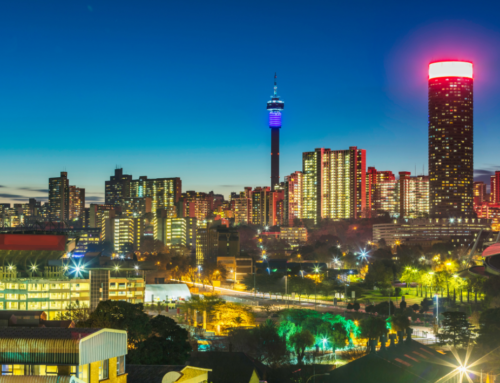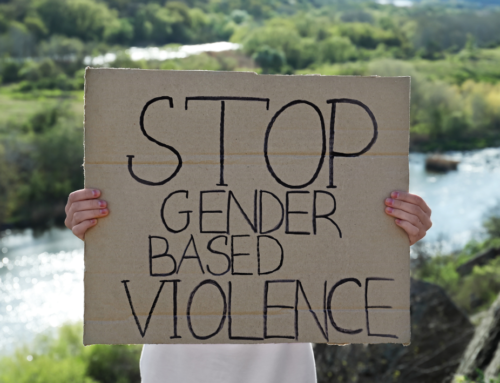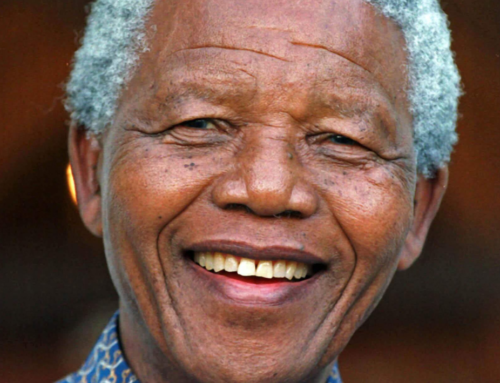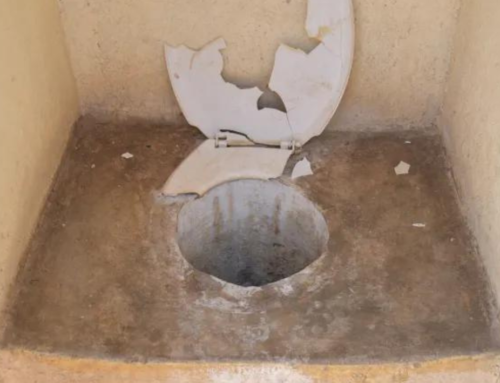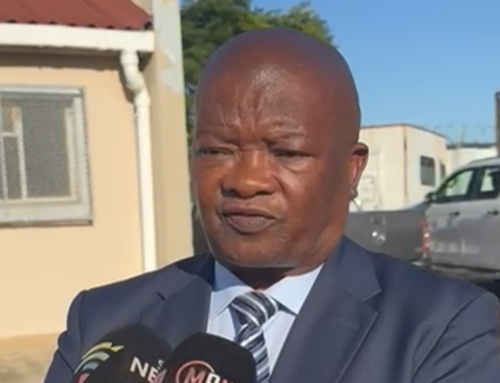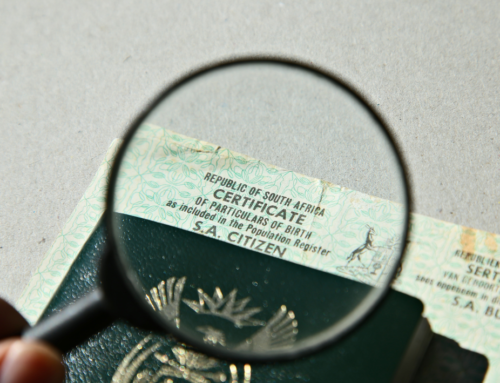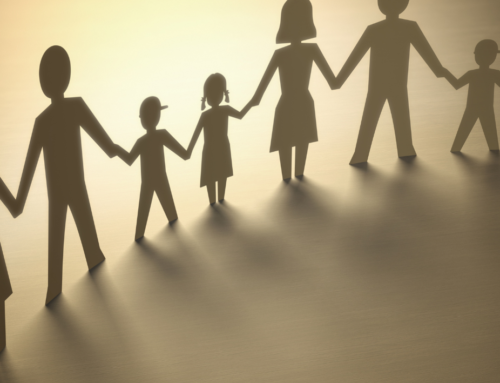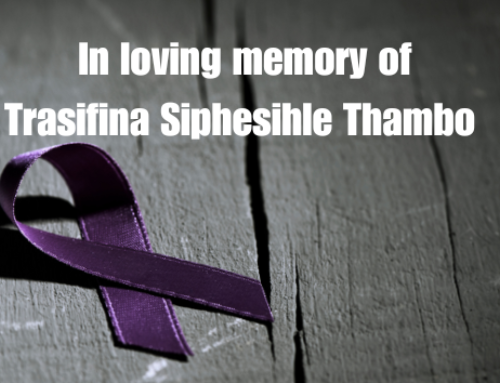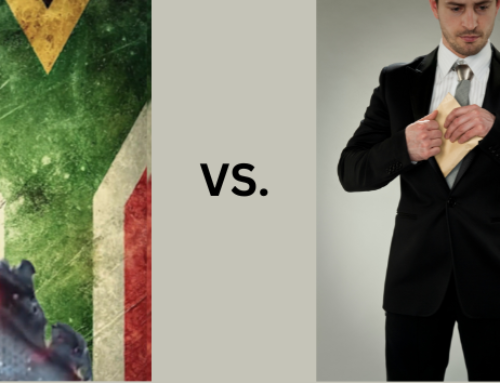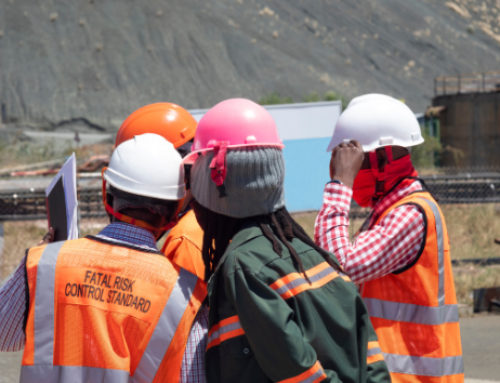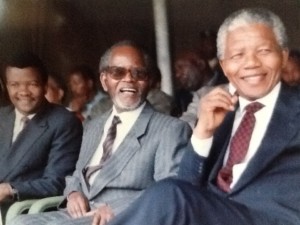 There are remarkable lessons to be learnt from the life of Nelson Rolihlahla Mandela, the man who managed to unite South Africans from all walks of life after having wasted away in prison for 27 years. His amazing lack of bitterness, cynicism and hostility at this personal injustice astounds to this day.
There are remarkable lessons to be learnt from the life of Nelson Rolihlahla Mandela, the man who managed to unite South Africans from all walks of life after having wasted away in prison for 27 years. His amazing lack of bitterness, cynicism and hostility at this personal injustice astounds to this day.
We must understand that, by the time he walked this earth as a free man, the socio-economic conditions for the majority of South Africans were in dire straits and there was, and unfortunately still is after 26 years, a need to address the backlogs and imbalances of the past.
We must also remind ourselves that, militarily speaking, there was no winner of a war between black and white. Our leaders soberly decided to negotiate a bloodless transition into a free South Africa and our journey to promote the quality of life for all South Africans had only then started.
The Constitution, which Madiba played an integral role in crafting, does not mince words in terms of government’s obligation to ensure that all South African’s rights are protected and honoured. But, the results, so far, are embarrassing and the governing party has failed at designing implementable and sustainable policies that address these inherited socio-economic imbalances, or the set of challenges we have faced these recent years. Instead its policies and management style are laced with corruption, tribalism, nepotism and racism.
It also has become a handy, knee-jerk excuse to blame apartheid for the governing party’s every failure. How could apartheid have caused their corruption and scandals, such as the Arms Deal, Sarafina 2, Transnet, Prasa, VBS, relationships with the Gupta family, the Eastern Cape “ambulance scooters” and the millions of Rands syphoned through municipalities, like with the recent OR Tambo water and sanitation projects? Apartheid, really?
What the governing party does not seem to realise is that South Africa is in serious trouble with its lack of programmes to integrate South Africans and to address the existing socio-economic imbalances. A classic example of this is our government’s response to the Covid-19 pandemic, where South Africa has been caught off guard in terms of our infrastructure capacity and human resources.
We have lost the plot and I cannot help to think: What would Madiba do?
The spirit of reconciliation is a lesson he taught by example. How to listen to each other; to acknowledge the dignity and views of the person on the other side of an argument. Madiba also taught us to find common cause despite our differences, but we seem to have forgotten this lesson.
Madiba would have been disappointed at what we have allowed ourselves to become. He would probably have told us on his Twitter account, that, #ColouredLivesMatter, #IndianLivesMatter, #WhiteLivesMatter, #BlackLivesMatter and ultimately, that #AllLivesMatter and that #AllSouthAfricansMatter.
We have a lot of work to do to get back on track and achieve social-cohesion as South Africans. So, how would Madiba have counselled us? He would surely have pleaded with us to show respect to our fellow South African, no matter our colour, tribe, race, sexual persuasion, religious belief, physical inability, age and gender.
We must constantly remind ourselves to stay the course and do what is right. We have many common causes, which, at the very least, is that we are all patriotic and love South Africa. Let us harness our rich diversity to address the challenges of our economy, education, health, and safety and security, etc.
Let us honour what Madiba and his peers (who were black, white, coloured and Indian) fought for and transform South Africa into a united and winning nation. Let us, every year, as a birthday gift for Nelson Mandela, engage each other with an #AllSouthAfricansMatter attitude, especially when we disagree.
Issued by:
Mr Bantu Holomisa, MP
UDM President



